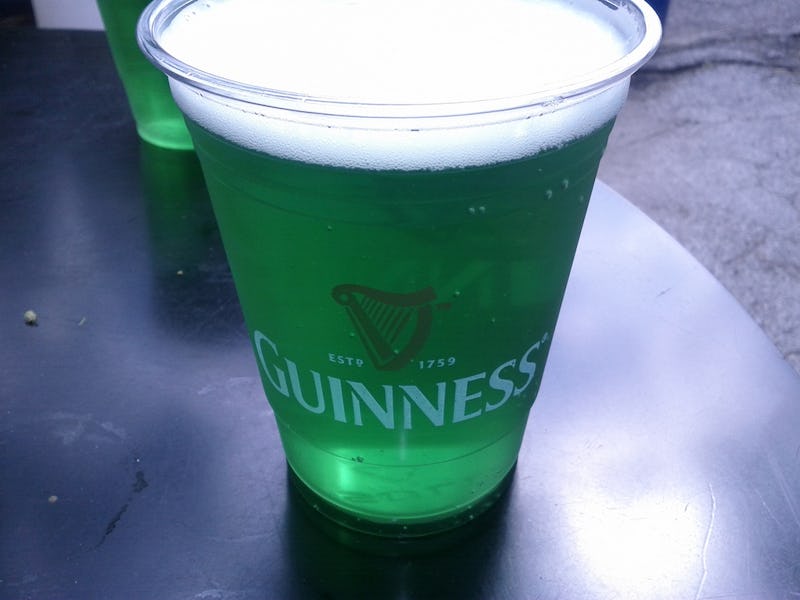Weed Beer Is About to Become a Thing: What to Know About THC-Infused Drink
Weed before liquor, never been sicker?

In a few years time, you and your pals could roll up to a bar and order a round of beers, only to experience a hazy cannabis high instead of an energizing buzz. That’s because beer companies ranging from tiny Nevada start-ups to major Canadian corporations like Molson Coors are preparing to produce beers infused with, and even brewed with, legal recreational marijuana.
Molson Coors Canada announced this week that it would be partnering with The Hydropothecary, a Canadian marijuana producer, to embark on a joint venture (pun intended) to build a standalone company for non-alcoholic, cannabis-infused beer. Now that recreational legal weed will go into effect in Canada on Oct. 17, beer producers are on the lookout for crossover products and entryways into the growing cannabis industry.
What Even Is Weed-Infused Beer?
The deal between The Hydropothecary and Molson Coors Canada is expected to close before September 30, finalizing an independent board of directors and management team for their new product line. But Molson Coors isn’t the first beer company to invest in weed production. Constellation Brands, the consolidation that owns Corona, paid $191 million for a 9.9 percent stake in Canopy Growth, a Canadian marijuana producer, in October last year.
A startup in Nevada, Cannabiniers, is set to begin selling a line of cannabis-infused beers in its home state this month. California-based craft beer company Lagunitas, owned by Heineken, already has a cannabis-infused sparkling water on the market.
And Toronto-based Province Brands is prepared to hit the market first in Canada, as the company has already developed a brewing technique. Normal beer is brewed with 6-carbon sugar, but the cannabis beer created by Province has both 5- and 6-carbon sugars. The cannabis bud, along with stalks, roots, and stems, is mashed for the brewing process. Most methods of weed consumption stick to the bud alone, discarding other parts of the plant as waste.
Province is able to manufacture the beer with its license, but isn’t legally permitted to hold a tasting, though it says its beer is lower in calories than a standard non-alcoholic brew and will be gluten-free. Beer brewed from barley and infused with cannabis oil is another way to mix the two substances.
Scientists describe the taste of beer brewed from cannabis, water, hops, and yeast as dry, savory, and less sweet than a typical beer flavor. The THC high allegedly hits quicker than most edibles, and the ultimate goal of Canadian researchers is to brew a product that has an equivalent high to how drunk one beer would get the drinker.
Why Does Weed Beer Need to Exist?
Adults in states with level cannabis binge drink on average 13 percent fewer times a month, so alcohol sales go down in states, and in the case of Canada, entire countries, with legal recreational marijuana available as an alternative. For economic purposes, beer companies need to find an appealing crossover brand to maintain their profit margin.
But cannabis-infused edibles and beverages won’t be immediately available when marijuana is officially legal for recreational use in Canada. Molson Coors expects legalization for beverages by October 2019, since that’s when regulations for other cannabis products will be set, and consulting firms expect Canadian cannabis sales to exceed $4.34 billion in sales by then.
On top of the financial gain, a potential benefit of THC-infused beer is that it could help scores of twenty-somethings avoid getting liver disease from binge drinking. And what sounds more appealing — a night of vodka shots, bad decisions, and vomiting, or a 12-pack of weed beer that leads to a delightful snooze and maybe a late-night snack?